By Marion Thullbery
I grew up with Ken Hanke. He was my best friend in elementary school, and we remained good friends all through high school and into our college and young adult years. During that time, we watched movies — all kinds of movies.

By Marion Thullbery
I grew up with Ken Hanke. He was my best friend in elementary school, and we remained good friends all through high school and into our college and young adult years. During that time, we watched movies — all kinds of movies.

“Sourcing this energy from the Southeast is putting some of the world’s most biodiverse and precious forests at severe risk.”

“For veterans, the community they live in is literally a key to their very survival: It takes a village to help those who’ve borne the battle.”
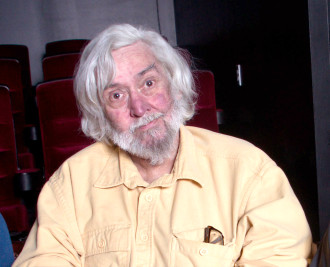
By Marc McCloud — It was hard to argue your point against him. I tried. Multiple times. But he was smarter, wittier and much more knowledgeable about film than I was.

by Bill Torgerson Christopher’s garden sits down the hill from Harvest Records and across from the Appalachia School of Holistic Herbalism in West Asheville. Flanked by two tall hedges, the garden fills the diamond-shaped space at the corner of Waynesville Avenue and Westwood Place. With hundreds of shovel blades perched on lengths of rebar poking […]

Third-grade students at Estes Elementary School investigated the connection between the community and farms, discovering along the way that farms are more interesting than people might think.
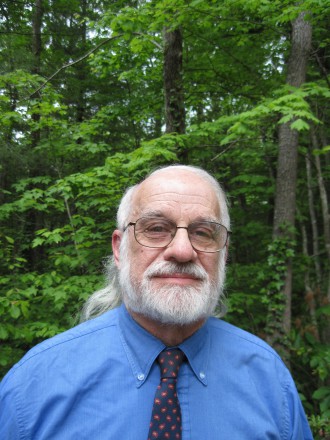
“In order to reclaim our rights, the time has come for the people of Western North Carolina to secede from Raleigh and seek admission as the 51st state.”
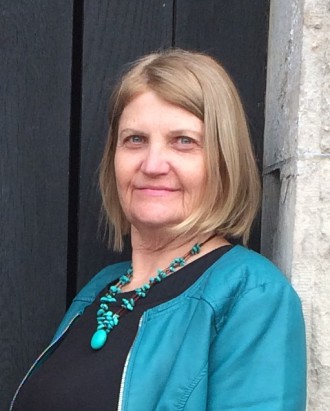
“In this crazy system, if you earn little, you pay lots. Our governor refused federal money to expand Medicaid, and although I have a master’s degree and was a teacher, I never worked more than a year in one place, so I have no pension.”

Contentious behind-the-scenes negotiations on coal ash spilled out into the open this week as the House took up and ultimately passed new legislation despite threats of a veto and lawsuit from Gov. Pat McCrory.
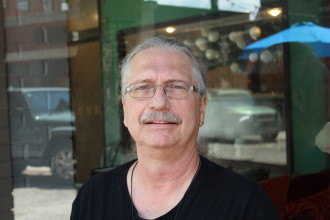
“Dedicated individuals have made gains in the United States and North Carolina to clean up and protect the environment, but they have been undermined.”
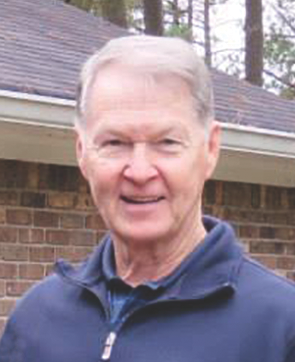
“It’s the latest iteration of an eternal attempt to eviscerate existing civil rights laws and, yes, a death struggle between rural and urban North Carolina over the state’s future.”
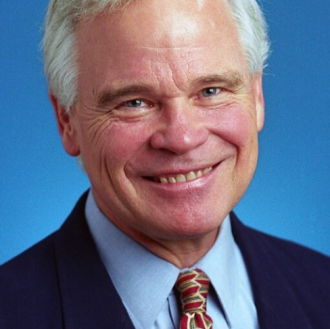
“Would it be possible for a small group of public-minded citizens to design a pathway out of this crisis?”
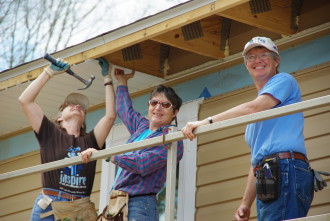
“Women Build is a win-win situation: Women gain experience and confidence working on a project alongside other female volunteers, and a family gets the rare opportunity to purchase a safe, affordable home.”

“I raise the question ‘Where is Asheville?’ because this community will soon be asked to consider the question ‘Where is Asheville going?'”

“We have a responsibility as a community to show up for each other and to speak up when someone is in danger. Our transgender community is in danger.”
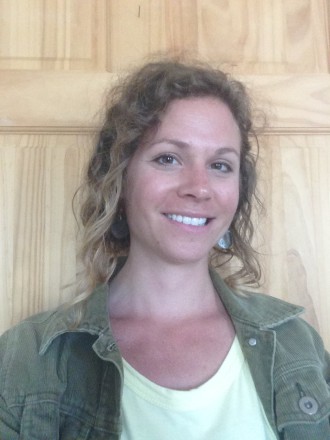
“This program can easily cut individual energy use by 15 percent, saving homeowners hundreds of dollars a year.”
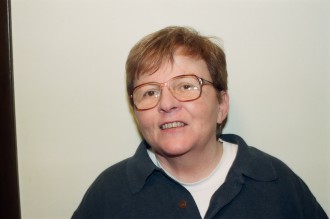
“Actually, this bill is in a way directed at every single person who lives in North Carolina. Discrimination of any kind applies to every one of us who lives here.”
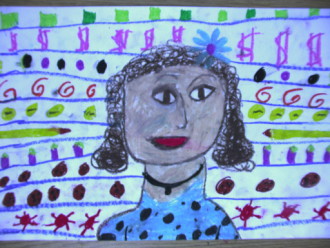
More creative work from the 2016 Kids Issue, including this jewel: “I’m from a beer-guzzling city with bluegrass tattooed bodies and acupuncture for adults, kids and dogs.”
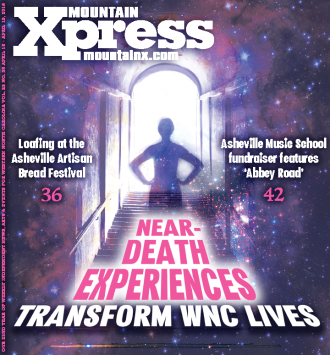
The phenomenon of near-death experiences is more widespread than popularly believed, with some estimates placing it in the millions. Several Western North Carolina residents recount their experiences, which they say have been transformative and life-changing.

More gems from the Kids Issue 2016, including this excerpt: “Who am I? I don’t quite know yet. Who do I think I am? I could write forever.”
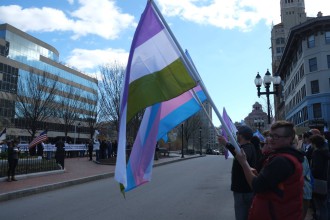
On Saturday, April 2, supporters and opponents of the recently-passed North Carolina legislation House Bill 2 demonstrated in Asheville’s Pack Square. The new law overturns a Charlotte ordinance that would have allowed people to use the bathroom that corresponds to their gender identity rather than the sex that matches their birth certificate. It also prevents other municipalities from passing similar ordinances to Charlotte’s, and it limits legal recourse for those who believe they have experienced discrimination based on race, religion, color, national origin, age, sex or disability.